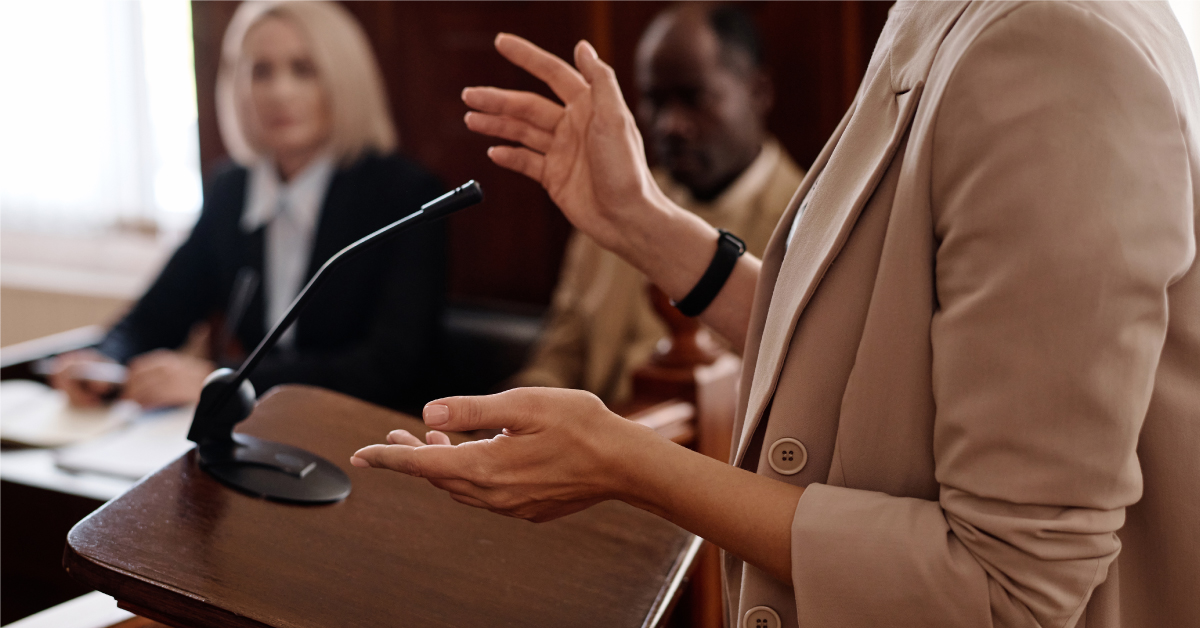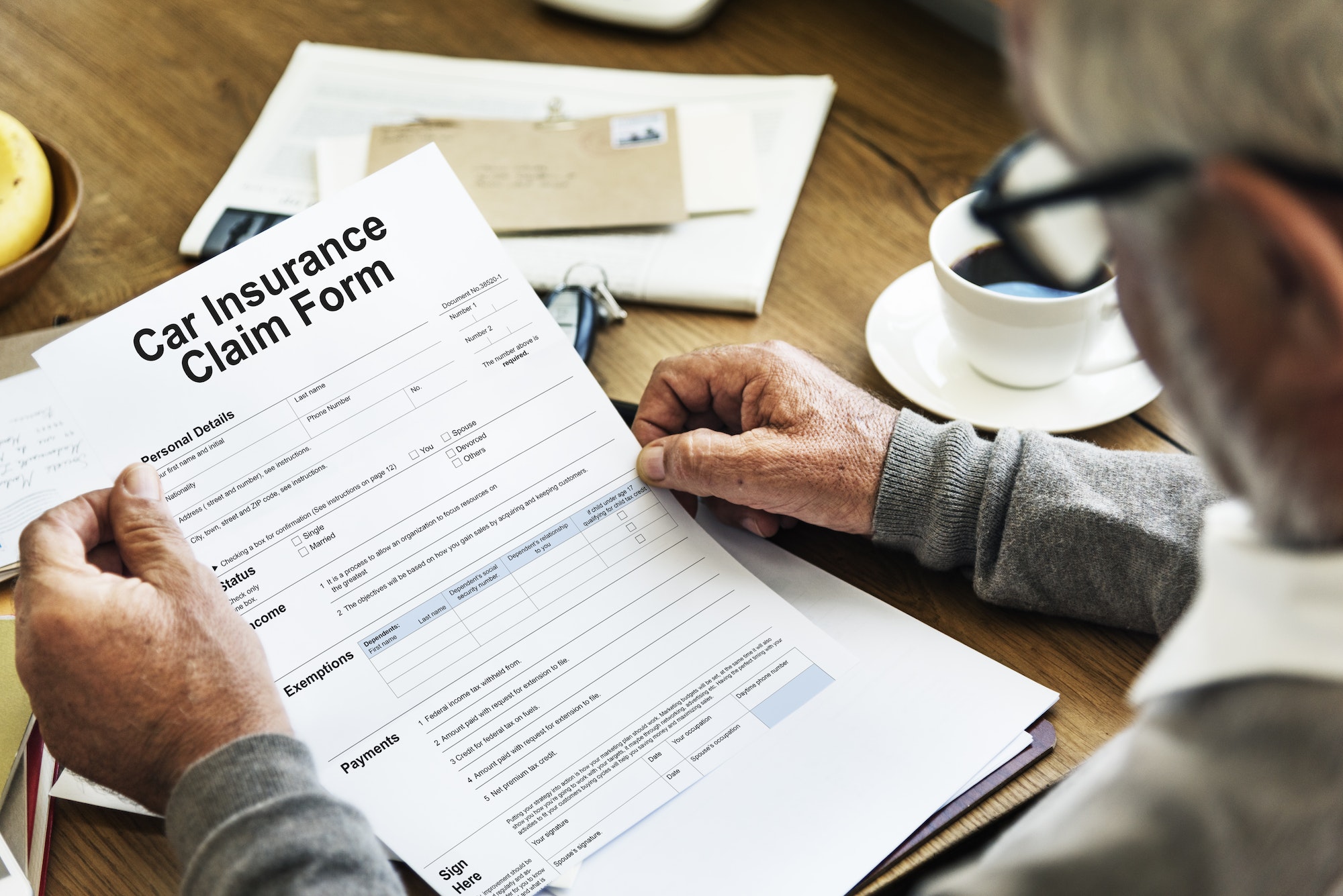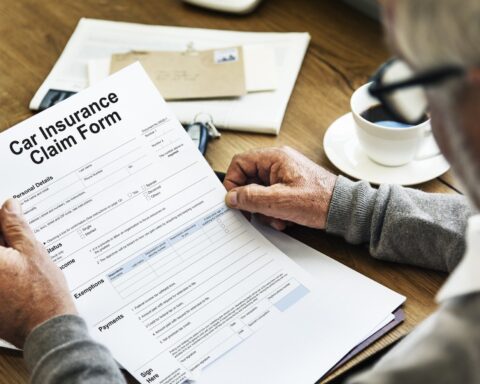You’re hurting about your future after that nasty accident at work, and the last thing you want to deal with is paperwork and legal headaches. However, it’s imperative to remember that if you were injured during an accident in Houston, gathering witness statements could make or break your injury claim. Don’t panic – it’s not as daunting as it sounds. With a few simple steps, you can collect powerful testimony to back up your case and get the compensation you deserve. Let’s walk through how to approach coworkers, what questions to ask, and the best ways to document their accounts. Armed with solid witness statements, you’ll be in a much stronger position to fight for your rights.
Why Witness Testimony Matters in Injury Claims
Witness testimony can be a game-changer in your work injury claim. It provides an unbiased account of what happened, backing up your version of events. Think of witnesses as your secret weapon – their statements can fill in crucial details you might have missed or forgotten in the chaos of the moment.
But it’s not just about corroborating your story. Witness accounts can also shed light on unsafe working conditions or employer negligence that led to your injury. This evidence can significantly strengthen your case, potentially increasing compensation and holding your employer accountable for workplace safety issues. Moreover, the more credible witnesses you have, the stronger your claim becomes. It’s like building a fortress of evidence around your case!
Identifying Witnesses Who Can Support Your Version of Events
When collecting witness testimony for your work injury claim, consider who was present when the accident occurred. Co-workers, supervisors, or even customers might have seen what happened. Don’t forget about people who arrived on the scene shortly after, like first responders or maintenance staff. They can provide valuable information about the immediate aftermath.
Keep in mind, that quality matters more than quantity. A few reliable witnesses clearly described what they saw, which is worth over a dozen vague accounts. Prioritize those who had a clear view and were paying attention. Also, consider contacting colleagues who can speak to workplace conditions or safety practices, even if they didn’t witness the accident directly.
Best Practices for Approaching Potential Witnesses
Timing is crucial when reaching out to potential witnesses. Approach them as soon as possible while the incident is still fresh in their minds. Be polite and respectful, explaining the importance of their testimony. Reassure them that you’re only seeking the truth, not trying to manipulate their account.
Consider meeting in a neutral, comfortable location where they feel at ease. Listen actively and take detailed notes, but avoid leading questions. Instead, ask open-ended questions that allow witnesses to share their observations freely. Remember, their perspective might differ from yours, so remain open-minded and non-judgmental throughout the process.
Collecting Signed Witness Statements Legally
Following legal guidelines is crucial when gathering witness statements for your work injury claim. Start by approaching potential witnesses respectfully and explaining the importance of their testimony. Always get their consent before recording or writing down their account. Be sure to document the date, time, and location of the incident, as well as the witness’s contact information.
Avoid leading questions; instead, ask open-ended ones that allow witnesses to describe what they saw in their own words. Once the statement is written, have the witness review it for accuracy and sign it. Remember, honesty is paramount – never pressure witnesses to say anything they’re unsure about or didn’t observe.
Using Witness Testimony to Prove Your Work Injury Case
Witness statements can be a game-changer in your work injury claim. They provide an unbiased account of what happened, backing up your version of events. If you were injured during an accident in Houston, these statements can be even more critical in ensuring you receive the compensation you deserve. To make the most of witness testimony, identify potential witnesses – coworkers, supervisors, or customers who saw the incident. Reach out to them promptly as memories fade over time.
When gathering statements, ask open-ended questions and encourage detailed descriptions. Remember, consistency is key. Multiple witnesses corroborating your story can significantly strengthen your case. Don’t forget to collect contact information, as your lawyer or the insurance company may need to follow up later.
Conclusion
So there you have it – the key steps to gathering strong witness testimony for your work injury claim. Witness statements can make or break your case, so don’t skimp on this crucial evidence. Reach out to coworkers who saw what happened ASAP, get their accounts in writing, and consider recorded statements, too. Just be sure to follow the rules and respect people’s privacy. With solid witness backing, you’ll be in a much better position to get the compensation you deserve. Now get out there and build that rock-solid case! Your future self will thank you for putting in the effort now.
Keep an eye for more latest news & updates on Essential Tribune!







